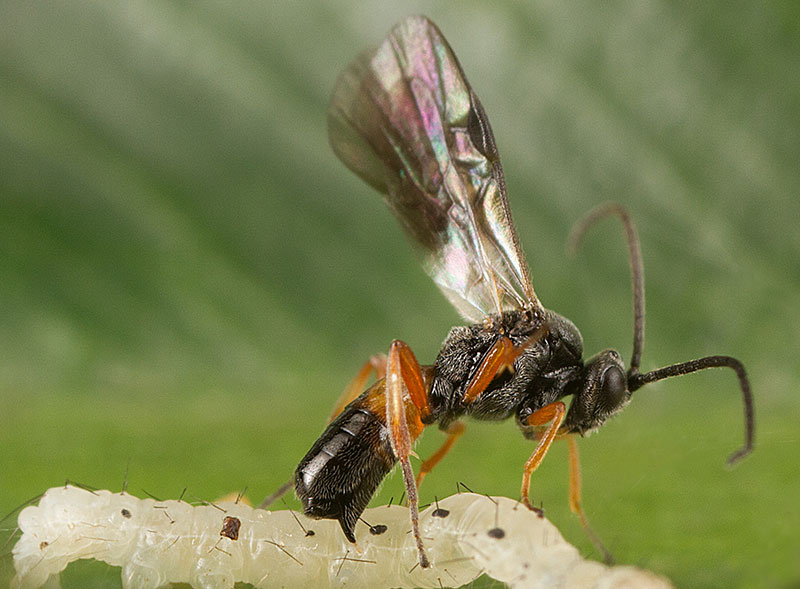From Burmese pythons to Nile monitors, exotic reptiles are a growing problem in Florida, where they destroy fragile ecosystems. A University of Georgia center in Tifton, Ga., recently developed an iPhone application for a fast, accurate way to identify the invasive animals.
“With over 6.4 million iPhones active in the United States alone, what better solution than an iPhone app to help ID these invaders,” said Chuck Bargeron, the technology director at the UGA Center for Invasive Species and Ecosystem Health.
IveGot1
The app, called IveGot1, is user-friendly and allows quick and easy species identification, he said. Since its launch July 15, the app has been downloaded 175 times.
“This is proving people want invasive animal identification characteristics available on their mobile phone and that a promising future lies ahead,” Bargeron said.
The app is based on a publication developed by the Everglades Cooperative Invasive Species Management Area, or CISMA. Its core members are the Florida Fish and Wildlife Conservation Commission, South Florida Water Management District, U.S. Army Corps of Engineers, U.S. Fish and Wildlife Service and the National Park Service.
“Everglades’ restoration poses new challenges for invasive species management, requiring a high-level of cooperation and coordination among the many groups managing this vast ecosystem,” he said.
Report sightings with EDDMapS
CISMA already uses another tool developed by the center called EDDMapS to report, share and store species sightings and distribution information. Anyone in the country can sign up to use the web-based mapping system.
“The iPhone app is becoming another tool in the fight against invasive animals in Florida,” Bargeron said. “However, this is only the first step. We are always improving and expanding the EDDMapS to make it easier for users to report and access information wherever they are.”
Next app
To expand the iPhone app approach to finding exotic reptiles, the National Park Service recently awarded the center a five-year grant to develop an EDDMapS-based animals reporting app.
This app will include a reptile identification guide and allow users to report exotic reptiles, using their mobile phones. Reports will be automatically sent to officials at the Florida Fish and Wildlife Conservation Commission, National Park Service and U.S. Fish and Wildlife Service.
The IveGot1 iPhone app is available free through the Apple iTunes App Store.
For more information, go to the website www.eddmaps.org/florida/iphone/.






